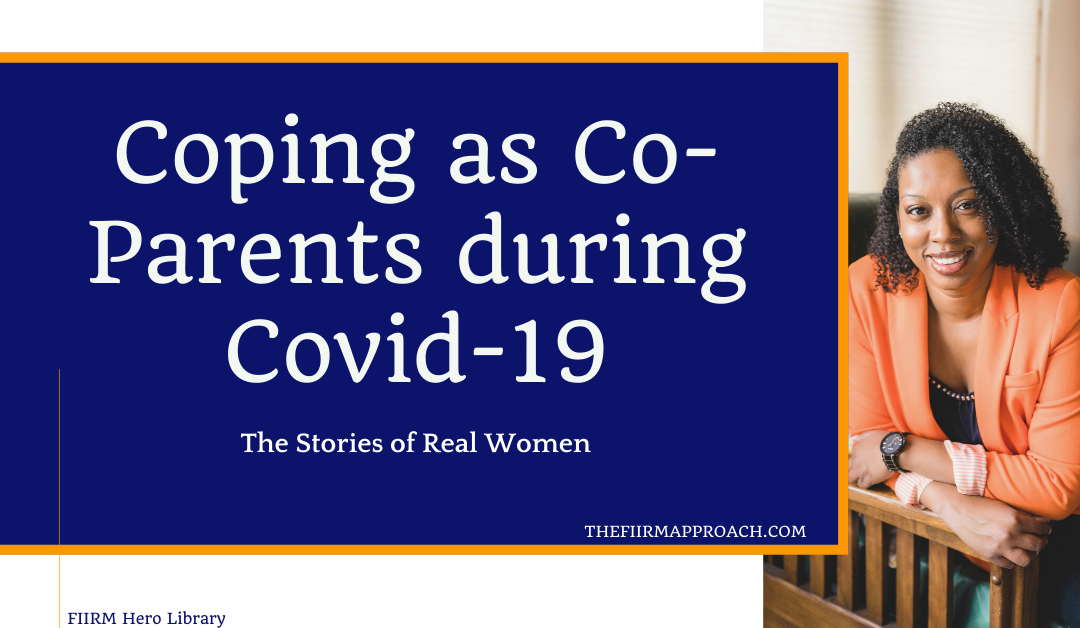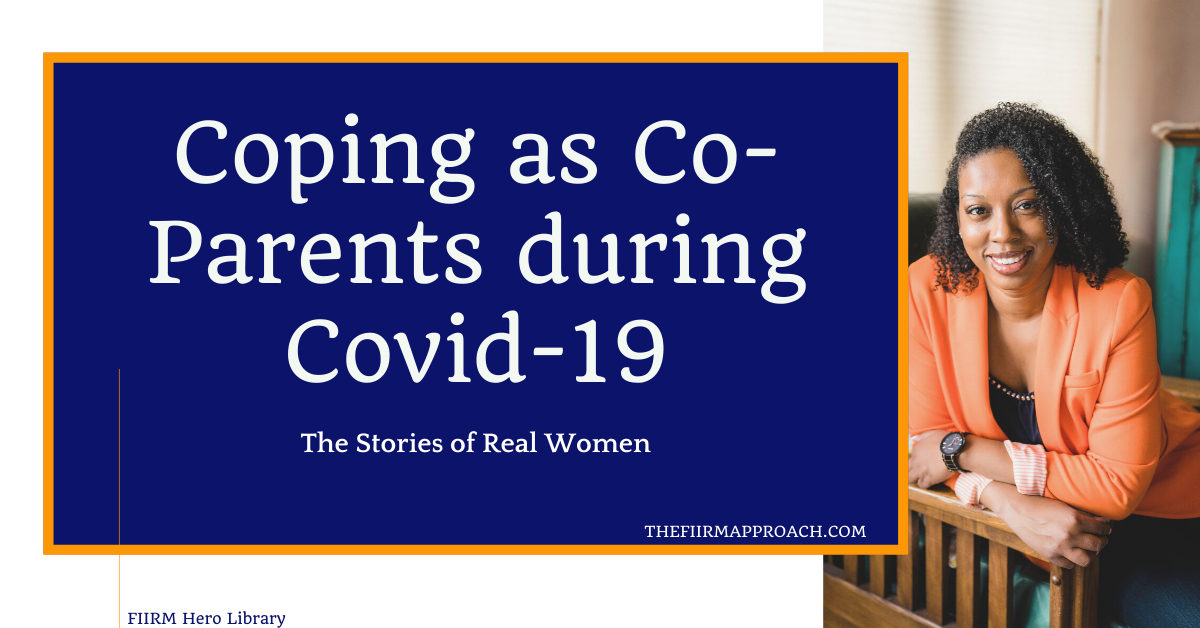
Silent Preparation Series- Part II – Signs You Might Be Living Outside of Your Means

Silent Preparation Series- Part II – Signs You Might Be Living Outside of Your Means
How do you even know if you’re living outside of your means?
If no one taught you how to manage money – just that you needed to make some – you’re reading the right post. It is my hope that you have useful information for yourself and can provide more tangible knowledge to the younger generation after reading this.
Here’s why…
As I was growing up, I often heard the message “don’t live outside your means.” I heard this phrase a few times a year until I was about 21-ish.
My default response was always “Hmmm, mmm OK”, when really I had no idea what the heck that even meant.
At the time, I didn’t even have any means to live outside of!
I definitely didn’t know what to ask about this elusive piece of advice. “Hmmm, mmm OK”, felt like the appropriate response.
Download our Ultimate financial resource guide to get started on finding the right resources to work on your financial game plan or share this with someone who may need it.
After I turned 21, I started hearing the phrase financial freedom a lot. Yet another elusive phrase!
Meanwhile, guess what? I didn’t know what financial freedom meant either, but it sure did sound good.
After some hard life lessons, I at least learned what it meant to live outside of your means. I damn near became the poster child for it.
Before you start reading about those lessons, you have to agree to a couple of things. 😉
Seriously!
First, no pity parties.
Second, no self-deprecating thoughts about yourself. It’s safe to not be perfect.
Finally no judgment – of ME!
Wait, did you think I was talking about you this whole time?😁
Nope! I’m getting ready to share some vulnerable stuff with you. 😊
Now back to the poster child thing:
Too much credit card debt…✅
Couple hundred dollars in savings but more than a couple of hundred in expenses… ✅✅
Very little contributed towards retirement…✅✅
Dependent on every single paycheck – Jackpot baby! ✅✅❗❗✅✅❗❗
To top off all that financial unsexiness, I also learned that living outside of your means was the kryptonite for financial freedom.
Who knew!?!
I couldn’t even reach financial security, so financial freedom was a mere pipe dream for me.
If you can relate to some of this, you’re in the right place, because I learned how to fix all of these challenges.
Getting back on your feet and maintaining a reasonably normal financial life is possible after a divorce.
You may be thinking, “Look Nikki, I just want to make sure that I can keep food on the table, a roof over my head, and enjoy THIS new sense of freedom that may be coming my way after my divorce.”
Oftentimes, we think about putting together a budget as the first step. While that step is critically important, I want to show you a deeper perspective.
By the way, if you’re one of those parents or family members bestowing the “don’t live outside of your means” advice to some unknowing young lad or lady, note that it’s the equivalent of giving a pacifier to a starving baby.
I beg of you on bended knee!
It’s time to fill in the young person with the real meaning behind this message.
Above all, if you don’t have the time to teach them, connect them to some resources.
Heck, you can just send them the link to this post so they can read it 😋
Furthermore, if you can relate to 2/3 (or 66.67%) of the items listed below, you might want to re-strategize your own financial game plan and take some action.
You can change how you manage your finances. It’s easier than you think.
If you’re thinking, I don’t really have a financial game plan – well just steal the items below.
I’ve shared some vulnerable moments about myself already. The moments when I messed up once, or even worse kept doing it over and over again.
I share these anecdotes in the hopes that it will help you see that I’m human, learn from my mistakes, and most importantly take impactful action.
Let me clarify something. I’m not perfect by any means. 😉
However, I practice self-compassion often to reduce my therapy bill, and to remind myself that we all can come back from missteps.
Sooooooo, let’s start with uncovering the “living outside your means mystery” once and for all.
Of course, the list is not exhaustive but you’ll definitely get the gist.
Just because 1 or 2 items apply to you doesn’t mean there is a major issue in your life.
You could be going through a temporary hiccup or some other exception warranted transition. So please, no angry emails if this is the case!
Also, please don’t take any of this too personally.
See my 2/3 comment above to know if you might want to worry a bit though.
10 Signs We Might Be Living Outside Your Means (“we” because we’re in this together)
- Our household can’t afford to miss one or two paychecks (I’ve definitely been here).
- Inability to save regularly. Saving 5% of our monthly income feels unattainable.
- The full mortgage loan (not payment) is more than 3-4x our annual household salary.
- Our car note is above 15-20% of our take-home pay.
- Revolving debt (credit cards or lines of credit) does not revolve (aka the limits are typically maxed).
- We consistently borrow money from family & friends, payday loan stores, or other high-interest options (and we might not pay them back).
- We run out of money at the end of EVERY month.
- Bills are paid late on a regular basis.
- Bank accounts are constantly overdrawn.
- Our monthly clothing & shoe expenses exceed 10% of our monthly net income.
How do you feel after reading that? Did you start to feel overwhelmed as you read each line item?
Uncomfortable… at peace… angry… sad… any of those emotions would be appropriate and completely normal.
It’s super important to remind you that thinking “yep, that’s me” for a couple of lines is not a terrible thing. You may not be living outside of your means, you just might be struggling to manage your money in general (which is a different thing).
In many cases, it could purely be an income issue. There are plenty of situations where we just don’t make enough money to cover the basics, so a different approach is required.
However, if you read the list and thought holy crap… The FIIRM has been spying on me 😊 trust me, we haven’t but we understand you.
Either way… no worries, chica. No worries at all.
Before you get too deep on the other side of your divorce do some of the upfront homework to alleviate some of these stresses.
Download our Ultimate financial resource guide today to get started on finding the right resources to work on your financial game plan or share this with someone who may need it.
We’re here for you if and when you need us.

Nikki Tucker
Founder & Managing Director
Nikki is a 16-year financial services professional, a Certified Divorce Financial Analyst ®, and the primary divorce financial strategist for The FIIRM Approach. She helps female breadwinners prepare for divorce to avoid common financial mistakes and confidently maintain their financial security. She uses proven strategies within the FIIRM Approach methodology so her clients can manage their money, debt, and credit in their new financial life. TAKE ACTION & LEARN about the tools that can help make your new money life easier. Grab your FREE Ultimate Resource Guide HERE.



Recent Comments